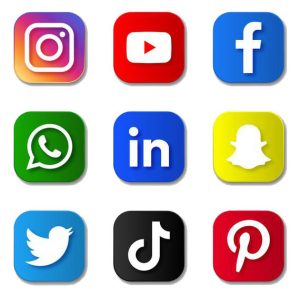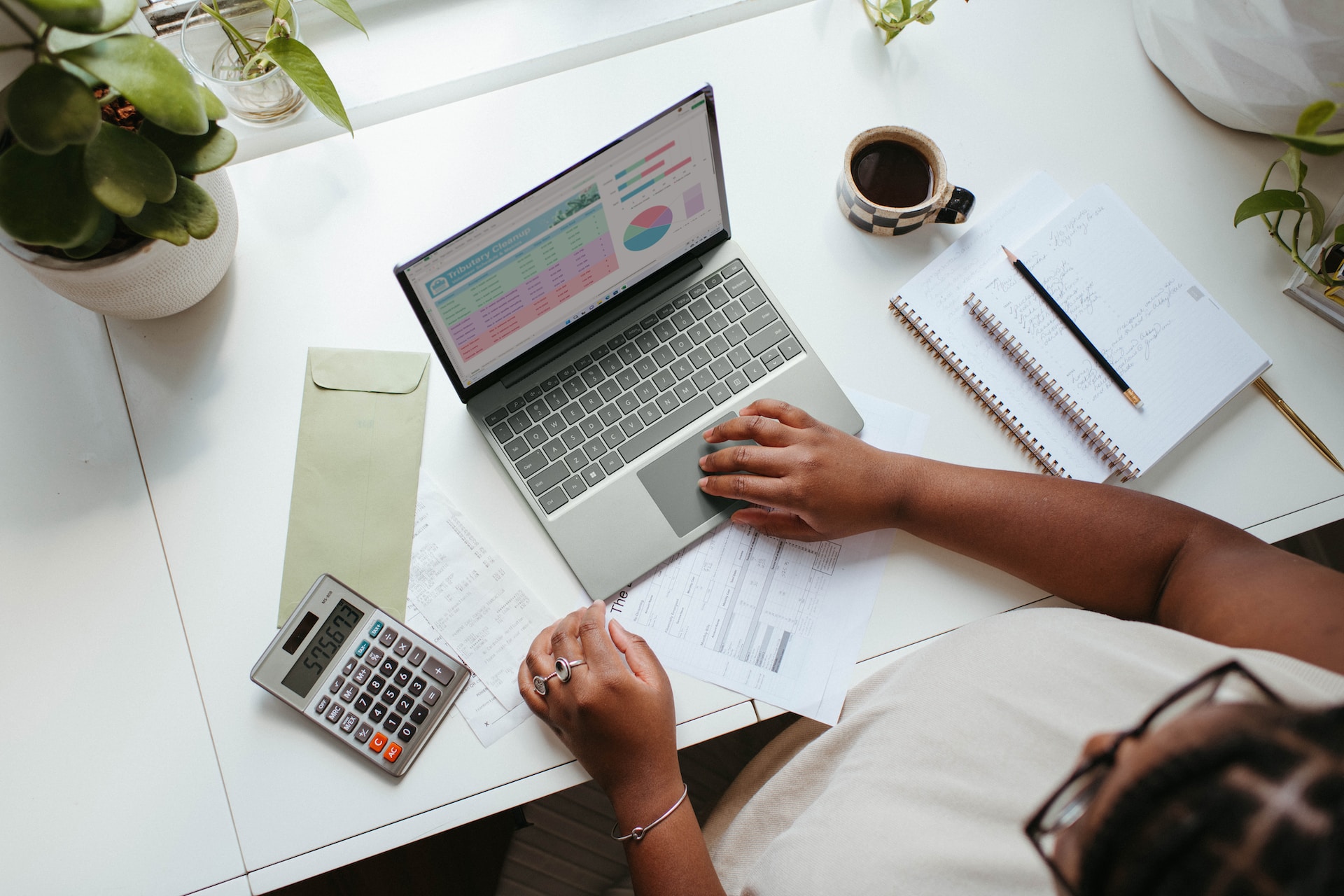What Are Low Blood Sugar Symptoms and Tips To Avoid Them?
Hypoglycemia
Hypoglycemia refers to a condition in which the blood sugar levels fall beneath a healthy level. Low blood sugar is also known as low blood glucose. Every person has a varying level of blood sugar at different times. Low blood sugar (minorities beneath 70 mg/dL) is the norm for most people. Severe hypoglycemia is more common at lower levels. It usually occurs when blood glucose levels are low and requires support from another individual to fix it. Severe hypoglycemia can be hazardous and should be dealt with immediately.
Warning Signs & Symptoms
Most people will get a warning sign that their blood sugar levels are low. This gives them the time and chance to correct it. Signs are typically triggered by blood sugar levels below 4 mg (mmol) per Liter. Early cautioning signs include feeling hungry,trembling,or shakiness,in addition to sweating. You might feel baffled or have problem focusing in more serious cases. In very severe cases,a person experiencing hypoglycemia can lose consciousness. Hypoglycemia can likewise happen in sleep. This can cause extreme sweating,disturbed sleep,and feeling tired upon waking.
Hypoglycemia symptoms can appear quickly and people may experience them differently. Hypoglycemia signs are non-enjoyable indications that indicate you need to act before your blood sugar drops further. Low blood glucose symptoms can be identified and dealt with. This will help you to determine and treat hypoglycemia early on. You can tell when your blood sugar levels are dropping by regularly examining them.
Diabetes & Insulin
Excessive insulin can result in hypoglycemia. Insulin is a hormone which controls specific functions of your body. Insulin assists your body to utilize glucose for energy. People with diabetes are more than likely to have hypoglycemia. The most typical treatment for this condition is to take insulin boosting medication. Hypoglycemia might develop when certain factors like activity,food,and medications for diabetes are not in balance. Hypoglycemia can also be triggered by diabetes if the insulin is not correctly administered,taken in excess,or injected incorrectly. Hypoglycemia can similarly happen in people who are not diabetic. Researchers still do not know why.
Glucose,Glucagon & Glycogen
Your body converts food into glucose when you eat. Insulin,a hormone made by your pancreas,is responsible for glucose entering your cells. Glycogen is stored in your muscles and liver as extra glucose. If you do not have a meal for numerous hours or your blood sugar drops,insulin will cease being produced. Your liver releases glucagon,another hormone that comes from your pancreas. This signals your liver to break down saved glycogen and release glucose in your blood stream. This controls your blood sugar level until you consume once again. The body has the ability additionally to produce glucose. This takes place mainly in your liver but also in the kidneys. The body can use fat-burning products as an alternative fuel by keeping fat for extended periods of fasting.
-
Hypoglycemia Unawareness & CGMs
Diabetes can result in recurrent hypoglycemia episodes and unawareness. Hypoglycemia unawareness can establish if there are many episodes of hypoglycemia. Low blood sugar levels are no longer identified by the body and brain. This increases the likelihood of serious and dangerous hypoglycemia. Your physician might modify your treatment,increase your blood glucose levels,or suggest training in blood sugar awareness. For those with hypoglycemia unawareness,a continuous glucose monitor (CGM),is an choice. This device will notify you if your blood sugar drops too low. The continuous glucose monitor is continually measuring blood glucose using a sensing unit placed under the skin. Connected to the pocket is an insulin pump. This gadget is used outside the body and has a tube connecting the insulin reservoir to the catheter that is placed under the skin. Insulin pumps can be configured to provide insulin in specific amounts and with food.
Follow the diabetes management strategy that you and your doctor have actually developed. Speak with your physician if you are taking new medications,altering your diet plan or medication schedules,adding exercise or making changes to your lifestyle in order to reduce your threat of low blood sugar
Possible Causes & Temporary Solutions
Hypoglycemia can be caused by excessive insulin,or other diabetes medications. Hypoglycemia may likewise be brought on by consuming less than typical after taking your diabetes medication or exercising more than usual. You need to always keep a quick-acting carbohydrate,such as glucose tablets,juice,or hard candy,with you in case your blood sugar level drops. In the case of hypoglycemia that is regular and repeating,little meals are a momentary service. This is not a excellent long-lasting method. Talk about hypoglycemia with your physician.
-


